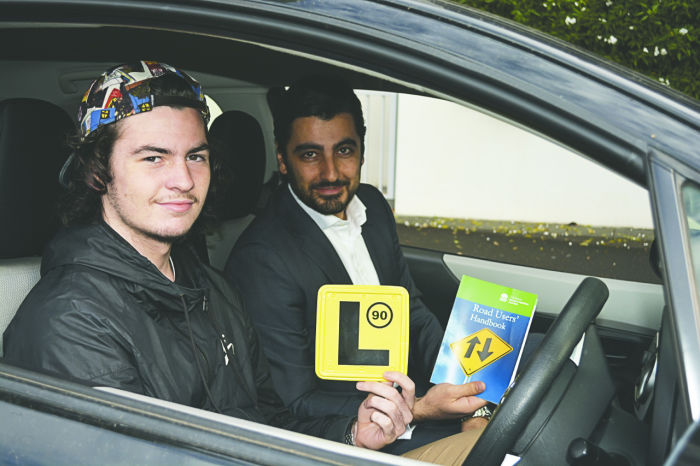Driving Change began in October 2015 with the aim of providing multidimensional support to people trying to attain their driver’s licence. Roads and Maritime Services NSW provided funding for the first year of the program, which is targeted at people under 25 years old who are facing obstacles to getting their licence or learning how to drive. The program is based on a model developed by the George Institute for Global Health in 2012, but was adapted to suit the specific needs of young people in the South Sydney local area.
Support is provided at various stages, including for people who are preparing for their L’s test, people who are on their L plates and people who are on their P plates. The support is flexible and responsive to the needs of individual participants, in recognition of the wide range of reasons people might face difficulty in getting their licence. Seventy per cent of current participants are from an Indigenous background.
One of the main ways Weave helps people get their licence is by providing a car and someone who can teach participants how to drive. Weave has a partnership with Community First Driving School, which offers Driving Change participants reduced-cost or free driving lessons with a qualified instructor. Weave also partners volunteers with learner drivers to provide supervision and support while they complete their mandatory 120 logbook hours.
Other forms of support include literacy tutoring and education sessions, as well as financial support for the costs associated with applying for a licence. The program has extensive support in the community and receives referrals from other Weave programs, community organisations, schools, police and courts.
Myf Evans, the Driving Change coordinator at Weave, says the program has been highly successful and has already been expanded, meaning it is currently supporting 65 different participants. She says that for many young people getting their licence is a “rite of passage into adulthood” and a “major milestone” that can provide educational and employment opportunities. Being able to drive also empowers people to improve their social wellbeing and mobility and can strengthen ties with family and community.





